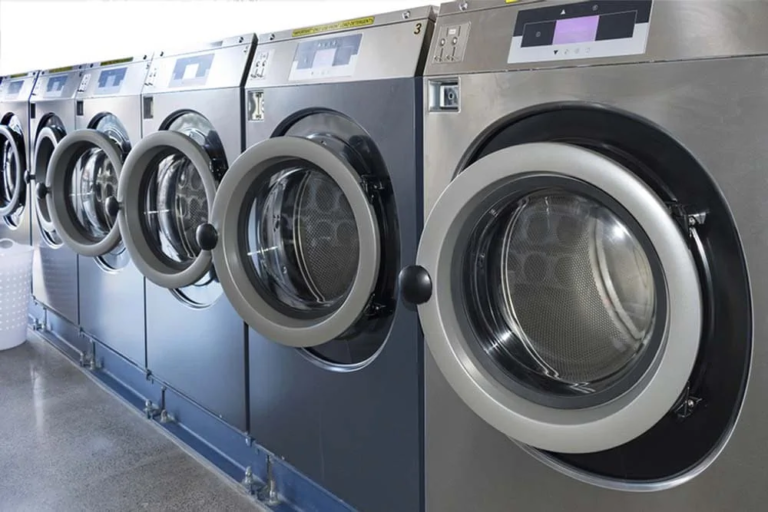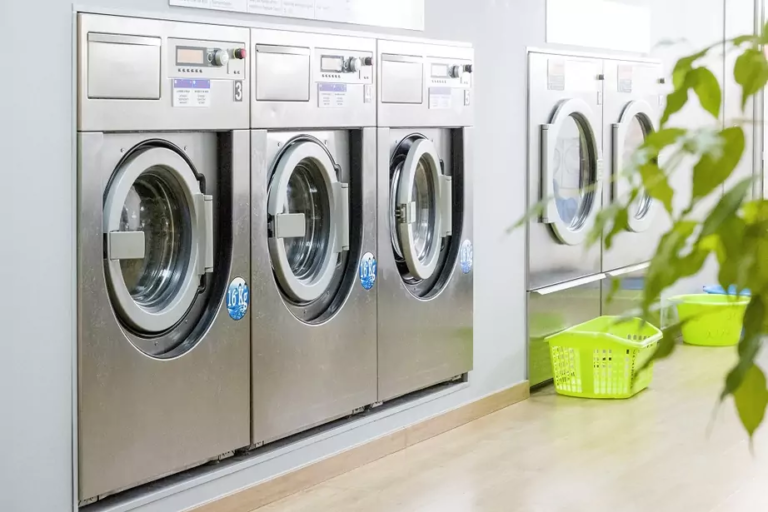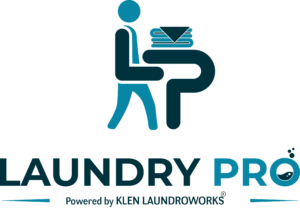Understanding the Financials of a Laundry Franchise: What to Expect
- Senthil Kumar
- 9845081032
- August 27, 2024
Table of content :
- Understanding the Financials of a Laundry Franchise: What to Expect.
- Startup Costs: The Initial Investment.
- Ongoing Fees: Maintaining the Business.
- Profit Margins: What You Can Expect to Earn.
- Return on Investment (ROI): How Long Until You See a Profit?
- Conclusion: Preparing for Financial Success
Understanding the Financials of a Laundry Franchise: What to Expect

People often ask why I chose the laundry industry to start my business. Many of them get surprised by my choice. For More,laundry franchise near me.
I quit my rewarding job and bid adieu to the telecommunication industry to start a dry clean and laundry service – Laundry Pro.
For Franchise Queries
Understanding the Financials of a Laundry Franchise: What to Expect
Investing in a laundry franchise can be a lucrative business venture, but understanding the financial landscape is crucial to making informed decisions. From startup costs to ongoing fees and profit margins, here is a deep dive into what you can expect financially when running a laundry franchise.
This guide will walk you through key considerations to help you make an informed decision.
1. Startup Costs: The Initial Investment
The initial investment in a laundry franchise can vary widely depending on the brand, location, and size of the facility. Here is a breakdown of the common startup costs:
- Franchise Fee: Most laundry franchises require an upfront franchise fee, which can range from ₹5,00,000 to ₹25,00, 000 or more. This fee grants you the right to operate under the franchise’s brand and access their business model, training, and support.
- Real Estate and Build-Out Costs: Leasing or purchasing a location is a significant expense. Depending on the area, real estate costs can vary greatly. Additionally, you will need to budget for the build-out of the space, including plumbing, electrical work, flooring, and other renovations to accommodate laundry equipment. These costs can range from ₹3,00,000 to ₹10,00,000 or more.
- Equipment: Industrial-grade washers, dryers, folding tables, and other necessary equipment are a major part of the investment. Depending on the size of your facility, equipment costs can range from ₹5,00,000 to ₹15,00,000.
- Initial Inventory and Supplies: You will need to stock up on detergents, softeners, and other cleaning supplies, as well as uniforms and office supplies. Expect to spend ₹4,00,000 to ₹10,00,000 on initial inventory.
- Marketing and Advertising: Launching your franchise will require a robust marketing plan to attract customers. Initial marketing costs can range from ₹50,000to ₹1,00,000, covering everything from signage to digital marketing campaigns.
- Working Capital: It is wise to have a reserve of working capital to cover the first few months of operation, including employee salaries, utilities, and unforeseen expenses. This amount can range from ₹3,00,000 to ₹5,00,000, depending on the scale of your operation.

Join India’s Most Profitable Franchise!
2. Ongoing Fees: Maintaining the Business
After the initial investment, there are ongoing fees associated with running a laundry franchise. These include:
- Royalty Fees: Most franchises charge a royalty fee, typically a percentage of your gross revenue, which can range from 5% to 10%. This fee is for the continued use of the brand name and access to ongoing support and services.
- Marketing Fees: In addition to your initial marketing costs, franchises often require ongoing contributions to a national or regional marketing fund. This fee usually ranges from 1% to 3% of your gross revenue.
- Maintenance and Utilities: Operating a laundry facility involves significant utility costs, including water, electricity, and gas. Regular maintenance of equipment is also essential to keep operations running smoothly. These costs can vary depending on the size of the facility and local utility rates.
- Lease or Mortgage Payments: If you are leasing your location, you will have ongoing rent payments. If you purchased the property, mortgage payments will be a monthly expense.
- Insurance: You will need to maintain various types of insurance, including liability, property, and workers’ compensation. These costs can add up to several thousand dollars annually.
3. Profit Margins: What You Can Expect to Earn
Profit margins in the laundry franchise industry can be attractive, but they vary based on several factors:
- Location: A high-traffic location in a densely populated area is likely to generate more revenue than a franchise in a less populated region. Urban areas with a high concentration of renters often see higher profits.
- Operational Efficiency: Efficient use of resources, such as water and energy, can significantly impact profit margins. Investing in energy-efficient equipment and optimizing operations can lead to higher profitability.
- Service Offerings: Offering additional services, such as dry cleaning, pickup and delivery, or wash-and-fold services, can increase revenue and improve profit margins.
- Average Profit Margins: On average, laundry franchises can see profit margins ranging from 20% to 35%. However, this can vary depending on the factors mentioned above.
4. Return on Investment (ROI): How Long Until You See a Profit?
The return on investment for a laundry franchise depends on various factors, including initial costs, revenue, and ongoing expenses. Here is what you need to know:
- Breakeven Point: Most laundry franchises reach their breakeven point within 12 to 18 months of operation. This means that after this period, the revenue generated should cover the initial investment.
- ROI Expectations: A well-run laundry franchise can see an ROI within 18 months to 3 years. However, this timeline can vary depending on the size of the investment, market conditions, and operational efficiency.
- Long-Term Profitability: Laundry franchises tend to be stable businesses with consistent demand. This stability can lead to long-term profitability and a reliable income stream.

Laundry can definitely give you profitable business in 6 months.
5. Conclusion: Preparing for Financial Success
Understanding the financials of a laundry franchise is key to making informed decisions and setting realistic expectations.
By carefully planning your startup costs, managing ongoing fees, and optimizing your operations for profitability, you can set your laundry franchise up for long-term success. Whether you’re a first-time investor or an experienced entrepreneur, knowing what to expect financially will help you navigate the journey to owning a successful laundry franchise.
(Read: How a laundry franchise grew from zero to 150 stores during a pandemic)

10.Frequently Ased Questions on Laundry Business
Startup costs for a laundry franchise can vary widely depending on the brand, location, and size of the operation. Costs generally include the franchise fee, equipment, leasehold improvements, and initial inventory. It’s essential to factor in ongoing fees such as royalties and marketing contributions.
To gauge the profitability of a laundry franchise, review key performance metrics like Average Revenue Per Unit (ARPU), profit margins, and the franchisee turnover rate. Additionally, speak with current franchisees to learn about their experiences with profitability and financial stability.
A franchise agreement outlines the rights and obligations of both the franchisor and franchisee. Key elements to review include territorial rights, contract length and renewal terms, exit strategy, and any restrictions on how you operate the business. It is advisable to have a lawyer review the agreement before signing.
Location is a critical factor in the success of a laundry franchise. An ideal location should have a high population density, easy accessibility, and low competition. The demographics of the area, such as the concentration of renters or college students, can also play a significant role in attracting customers.
The level of support provided by the franchisor varies, but it typically includes initial training, ongoing operational support, marketing assistance, and technology integration. Look for a franchisor that offers comprehensive support to help you manage and grow your business.
- Understanding the Financials of a Laundry Franchise: What to Expect
- Understanding the Financials of a Laundry Franchise: What to Expect
- Understanding the Financials of a Laundry Franchise: What to Expect
- Understanding the Financials of a Laundry Franchise: What to Expect
- Understanding the Financials of a Laundry Franchise: What to Expect
- Understanding the Financials of a Laundry Franchise: What to Expect
- Understanding the Financials of a Laundry Franchise: What to Expect
- Understanding the Financials of a Laundry Franchise: What to Expect
- Understanding the Financials of a Laundry Franchise: What to Expect

